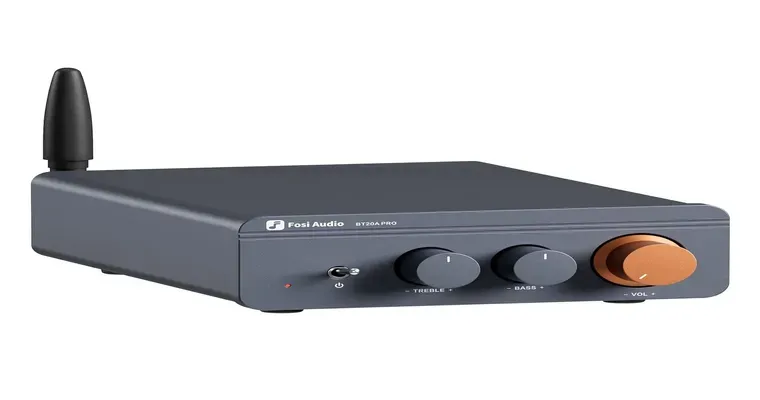Being a "caregiver" is a noble and fulfilling profession that comes with its own set of challenges. However, one lesser-known risk associated with caregiving is the potential for "permanent hearing damage". Many caregivers are exposed to loud noises on a daily basis, whether it be from medical equipment, patient vocalizations, or environmental sounds. This article aims to shed light on the risks of hearing loss in caregivers and provides tips on how to protect your hearing.
The role of a caregiver often involves managing patients who may be in distress or experiencing medical emergencies. This can lead to elevated voices or even shouting, which can be damaging over time. Caregivers frequently work in environments where "sound levels" can exceed safe thresholds, particularly in hospitals or nursing homes. Studies have shown that prolonged exposure to loud environments can cause irreversible damage to the hair cells in the inner ear, leading to conditions such as "noise-induced hearing loss".
In addition to direct exposure to loud noises, caregivers can also experience auditory fatigue. Constantly tuning in to sounds around you, such as alarms or patient calls, can strain your auditory system. This fatigue can result in temporary hearing loss, which, if not addressed, may develop into permanent issues. It is essential for caregivers to be aware of these risks and take proactive measures to safeguard their hearing.
To mitigate the chances of hearing damage, caregivers should consider the following strategies:
1. "Wear Hearing Protection": Utilizing earplugs or earmuffs in noisy environments can significantly reduce exposure to harmful sound levels. This is especially important during high-noise activities such as using medical equipment.
2. "Regular Hearing Check-ups": Schedule routine hearing evaluations to monitor any changes in hearing ability. Early detection can prevent further deterioration and allow for timely interventions.
3. "Create a Quiet Environment": Whenever possible, try to minimize background noise. Simple measures such as closing doors and windows or using sound-absorbing materials can create a more peaceful atmosphere.
4. "Take Breaks": Frequent breaks in a quiet space can help reduce auditory fatigue. Stepping away from noisy environments can give your ears a much-needed rest.
5. "Educate Yourself and Others": Awareness is key. Knowing the risks and sharing this information with fellow caregivers can foster a culture of safety and health in caregiving environments.
In conclusion, while being a caregiver is rewarding, it is crucial to prioritize your hearing health. The risk of "permanent hearing damage" is a serious concern that should not be overlooked. By implementing protective measures and advocating for a safer work environment, caregivers can continue to provide essential care while safeguarding their own well-being. Remember, protecting your hearing is just as important as caring for those you serve.





